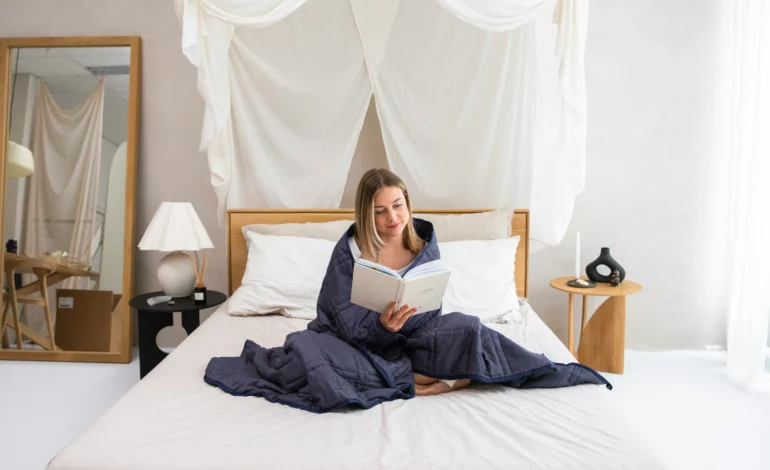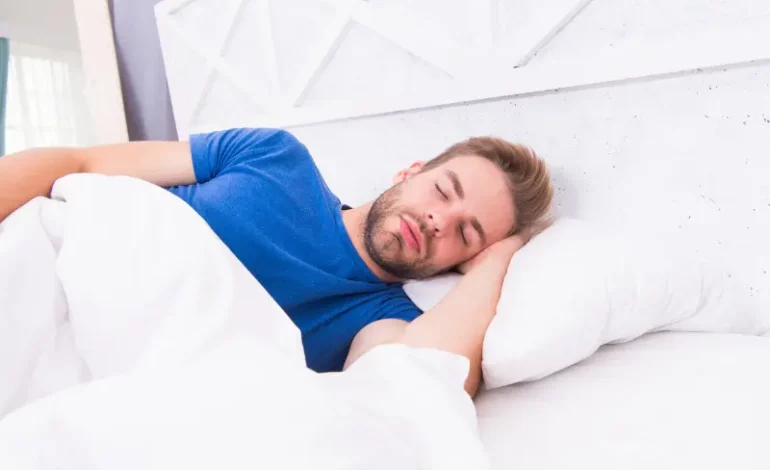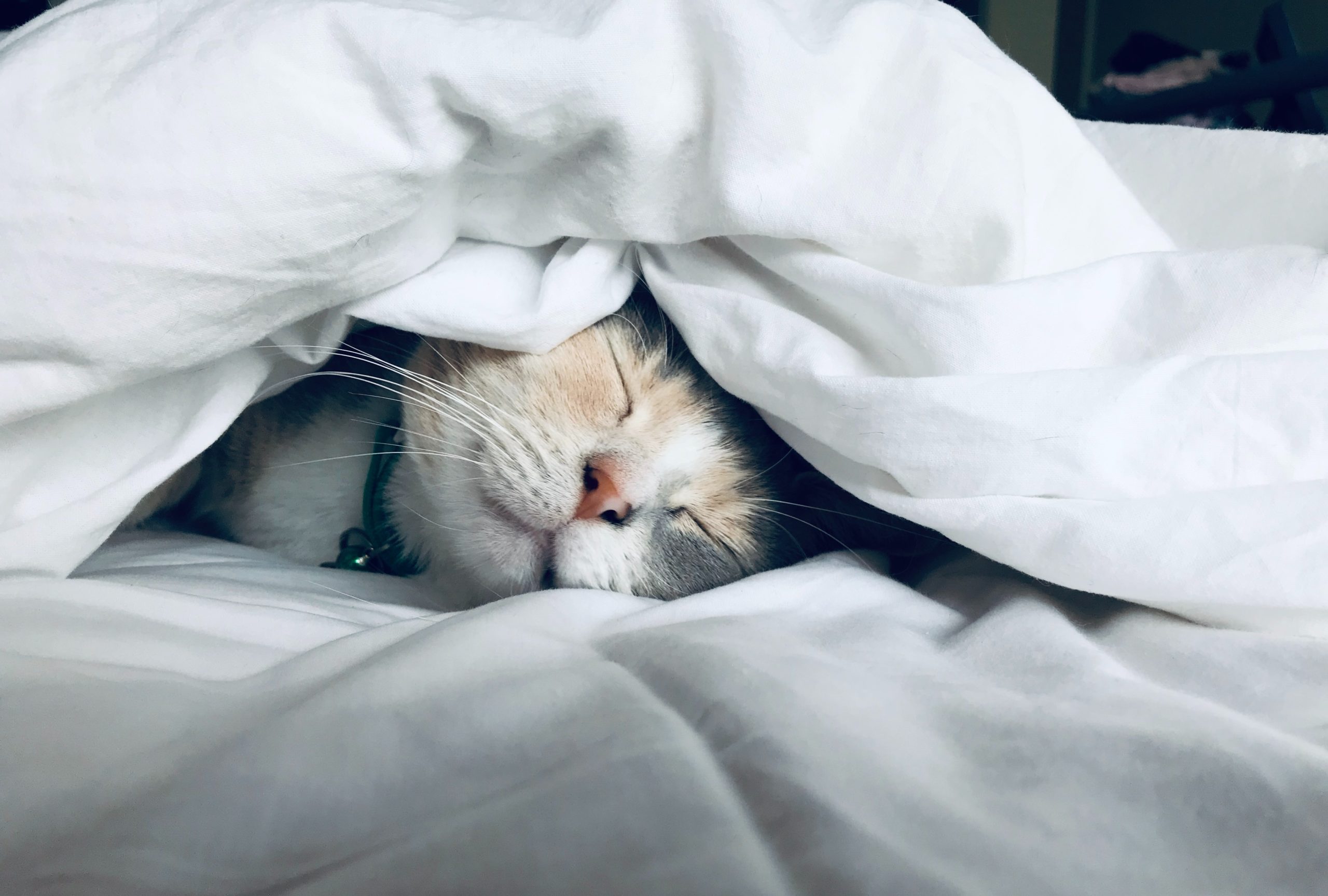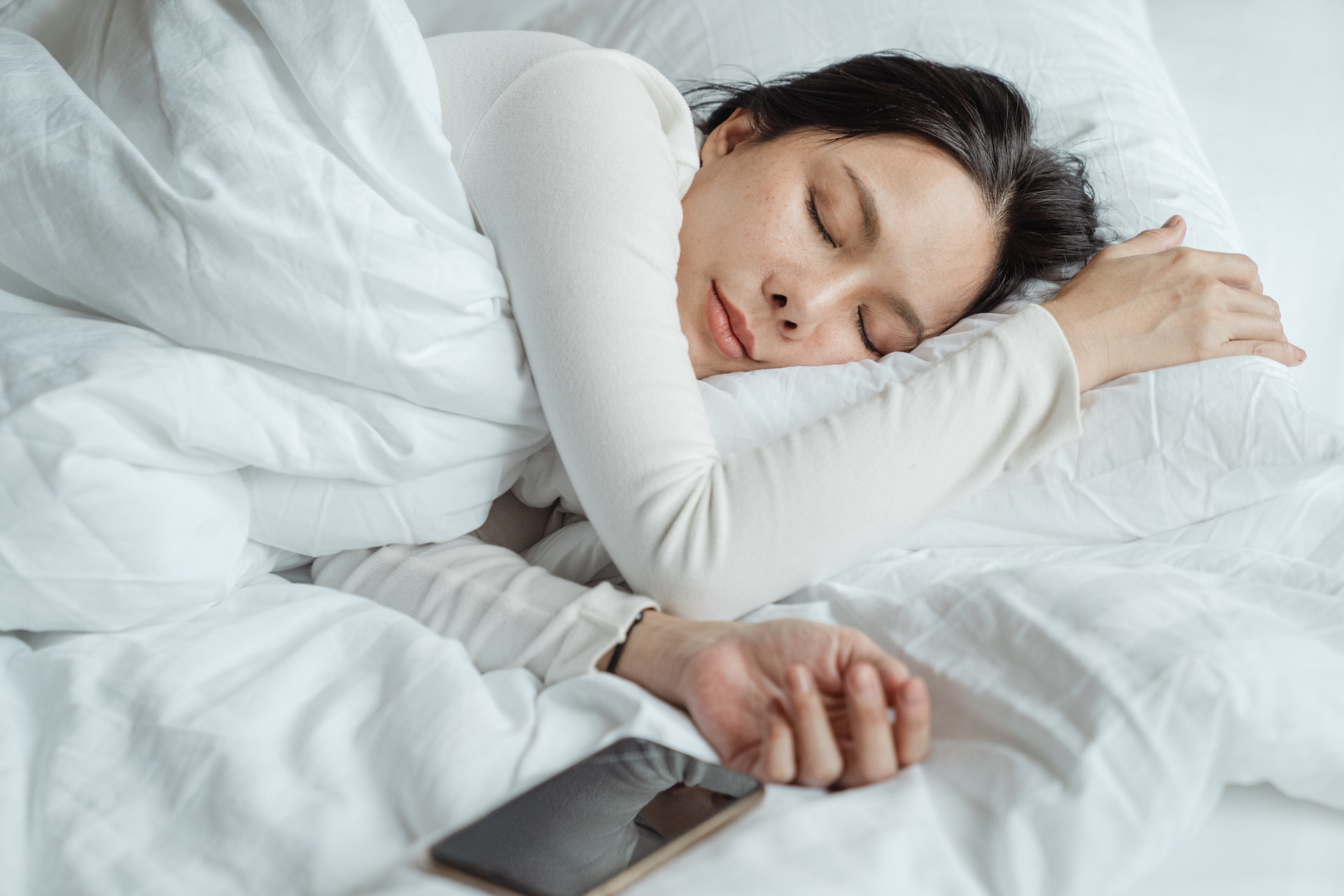
Sleep is often overlooked in our fast-paced lives. We hustle through days, fueled by coffee and ambition, but the true powerhouse behind our energy is a good night’s rest. Quality sleep isn’t just a luxury; it’s essential for physical health, mental clarity, and emotional balance. Imagine waking up refreshed and ready to take on the world instead of dragging yourself out of bed. Understanding the science behind quality sleep can transform your well-being.
Let’s delve into what happens when we close our eyes at night and explore how you can unlock the secrets to restorative slumber. Whether you struggle with sleepless nights or simply want to enhance your sleeping habits, there are valuable insights waiting for you here. Your journey toward better sleep starts now!
The Stages of Sleep and Their Effects on the Body
Sleep is not just a passive state; it unfolds in distinct stages, each playing a vital role in our well-being. The journey begins with light sleep, where the body starts to relax and brain waves slow down. This stage prepares you for deeper rest.
As you transition into deep sleep, your body goes through significant restoration processes. Muscle repair occurs here, along with tissue growth and immune function enhancement. It’s critical for physical recovery.
The most fascinating phase is REM (Rapid Eye Movement) sleep. This stage fuels cognitive functions like memory consolidation and emotional regulation. Dreams often occur during REM, signifying its importance in mental health.
Each cycle lasts about 90 minutes, repeating multiple times throughout the night. Disruptions can lead to fatigue or impaired functioning the next day, showcasing how interconnected these stages are to overall health and vitality.
Factors Affecting Sleep Quality
Sleep quality can be elusive, influenced by various factors. Stress is a major culprit. It disrupts our ability to relax and fall asleep. When anxiety creeps in, the mind races, preventing restorative rest.
Physical health also plays a crucial role. Conditions like chronic pain or respiratory issues can interrupt sleep cycles. Even minor ailments can leave us tossing and turning through the night.
Lifestyle choices matter too. Caffeine consumption close to bedtime may keep your mind alert when it should be winding down. Irregular sleep schedules throw off your body’s internal clock, making it harder to achieve consistent rest.
Environmental elements cannot be overlooked. Noise levels, room temperature, and light exposure significantly impact how well we sleep each night. Creating an optimal sleeping environment is essential for anyone seeking better slumber.
How to Improve Sleep Quality Naturally
Improving sleep quality naturally involves a blend of habits and lifestyle tweaks. Start by establishing a consistent bedtime routine. Going to bed and waking up at the same time every day helps regulate your internal clock.
Consider your diet too. Foods rich in magnesium, like nuts and leafy greens, can promote relaxation. Avoid heavy meals close to bedtime as they may disrupt sleep.
Incorporating physical activity during the day can make a significant difference. Regular exercise helps you fall asleep faster and enjoy deeper sleep cycles.
Mindfulness practices such as meditation or gentle yoga before bed can calm racing thoughts. Creating a peaceful atmosphere in your bedroom also plays an essential role; keep it dark, cool, and quiet for optimal rest.
Herbal teas like chamomile or valerian root are known for their calming effects—perfect for winding down after a long day.
Understanding and Overcoming Common Sleep Disorders
Sleep disorders can disrupt our lives in profound ways. Conditions like insomnia, sleep apnea, and restless leg syndrome inhibit restorative rest. Understanding these issues is the first step toward overcoming them.
Insomnia often stems from anxiety or stress. It leads to frustration as sleepless nights accumulate. Establishing a bedtime routine and practicing relaxation techniques may help ease this challenge.
Sleep apnea, characterized by interrupted breathing during sleep, requires attention due to its health implications. Continuous Positive Airway Pressure (CPAP) machines offer relief for many sufferers. Seeking medical advice can pave the way for proper diagnosis and treatment.
Restless leg syndrome creates an irresistible urge to move your legs at night. Simple lifestyle adjustments—like reducing caffeine intake or incorporating regular exercise—can alleviate symptoms significantly.
Recognizing these disorders allows individuals to seek appropriate solutions tailored to their unique needs.
The Impact of Technology on Sleep Patterns
Technology has transformed nearly every aspect of our lives, including sleep. The blue light emitted by screens disrupts the production of melatonin, a hormone crucial for regulating sleep cycles. This can make it harder to fall asleep at night.
Moreover, constant notifications from smartphones and tablets can keep our minds engaged long after we should be winding down. Social media scrolling often becomes an evening ritual that further delays bedtime.
But technology isn’t solely a foe in the realm of rest. Sleep tracking apps and devices provide valuable insights into our sleep patterns and habits. They help identify areas that need improvement.
Balancing these benefits with potential drawbacks is key. Establishing tech-free zones or times before bed could foster better sleeping conditions while still enjoying technological advancements during waking hours.
Tips for Creating a Better Sleep Environment
Creating a peaceful sleep environment is key to improving your quality of rest. Here are some practical tips to help you transform your bedroom into a sanctuary for sleep.
First, consider the temperature. A cool room, ideally between 60 and 67 degrees Fahrenheit, promotes better slumber. You might also want to invest in breathable bedding that regulates heat effectively.
Next, focus on light control. Darkness signals your body that it’s time to wind down. Use blackout curtains or an eye mask to block out unwanted light sources. If you need some illumination during the night, opt for soft night lights rather than harsh overhead lighting.
Then there’s noise management. Sounds can disrupt even the deepest sleep cycles. Consider using earplugs or white noise machines if external sounds keep waking you up throughout the night.
Decluttering is another important aspect of creating a soothing space. A tidy bedroom can significantly reduce stress and anxiety levels, making it easier for your mind to relax before bed.
Choose comfortable pillows and mattresses suited specifically for your sleeping style—whether you’re a side sleeper or prefer lying on your back or stomach—comfort should be paramount when designing your ideal sleep haven.
By incorporating these elements into your routine, you’ll pave the way toward more restorative nights filled with quality sleep.









